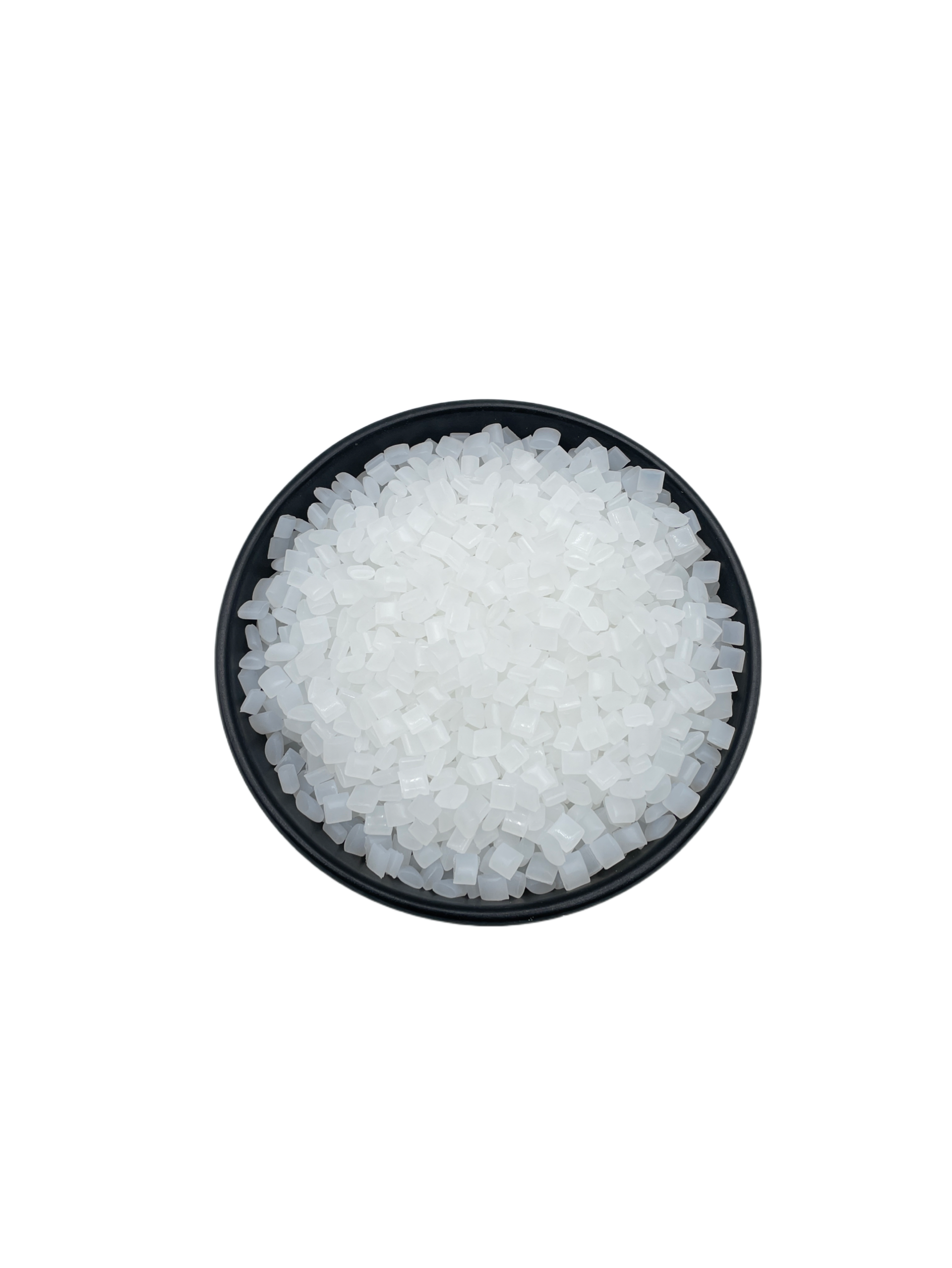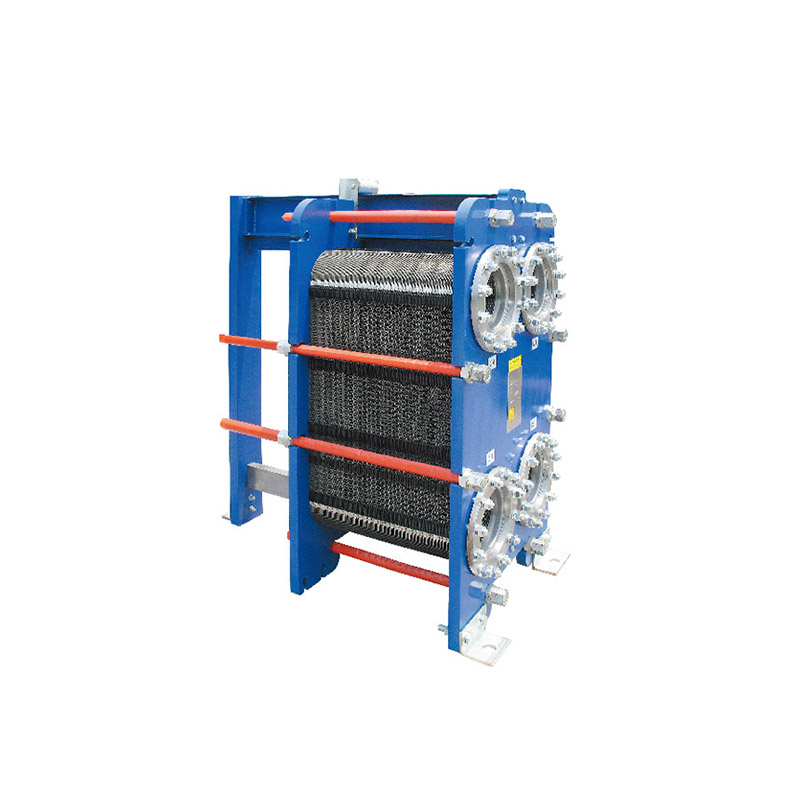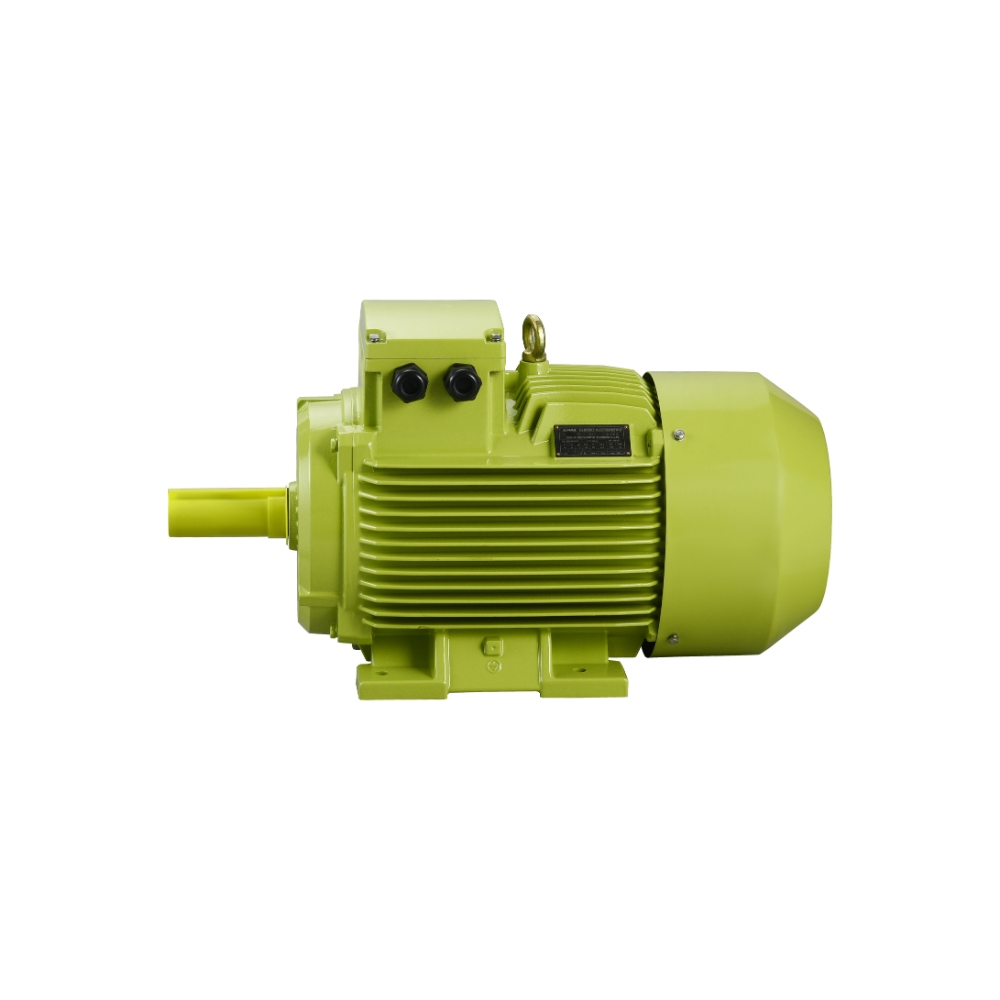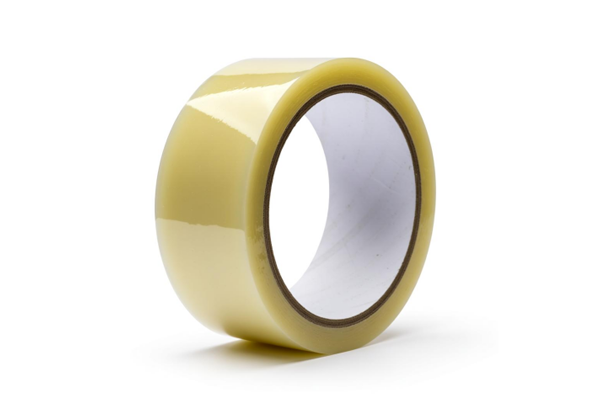In the ever-evolving world of photography, the debate between DSLR (Digital Single-Lens Reflex) cameras and digital compact cameras remains a hot topic among enthusiasts and professionals alike. With advancements in technology, the lines between these two categories have blurred, leading many to question: Is a DSLR or digital camera better? This article aims to dissect the strengths and weaknesses of each type, providing a comprehensive guide to help you make an informed decision based on your specific needs and preferences.
Understanding the Basics
Before diving into the comparison, it’s essential to understand what differentiates DSLRs from digital compact cameras. DSLRs utilize a mirror mechanism and an optical viewfinder, allowing photographers to see exactly what the lens sees. This system provides a tactile experience and often superior image quality due to larger sensors and the ability to interchange lenses. On the other hand, digital compact cameras, often referred to as point-and-shoots, are designed for convenience and portability, featuring fixed lenses and simplified controls.
Image Quality: The Heart of Photography
When it comes to image quality, DSLRs generally have the upper hand. They typically feature larger sensors (APS-C or full-frame), which capture more light and detail, resulting in superior performance in low-light conditions. The ability to change lenses also allows photographers to select the best optics for their specific shooting scenarios, whether it be macro photography, landscapes, or portraits.
Digital compact cameras, while improving in sensor technology, often have smaller sensors (1-inch or smaller), which can limit their performance in challenging lighting situations. However, many high-end compact cameras now feature larger sensors and advanced image processing capabilities, narrowing the gap in image quality.
Versatility and Control
One of the most significant advantages of DSLRs is their versatility. With a wide range of interchangeable lenses, photographers can adapt to various shooting conditions and styles. Additionally, DSLRs offer extensive manual controls, allowing for fine-tuning of exposure settings, focus, and depth of field. This level of control is crucial for professionals who require precision in their work.
Digital compact cameras, while user-friendly, often lack the extensive manual controls found in DSLRs. However, many models now include advanced shooting modes and settings that cater to enthusiasts looking to experiment with their photography. For casual photographers or those who prefer a straightforward approach, the simplicity of a digital compact camera can be a significant advantage.
Size and Portability
In today’s fast-paced world, portability is a crucial factor for many photographers. DSLRs are typically bulkier and heavier due to their complex internal mechanisms and interchangeable lenses. This can be a disadvantage for travel photographers or those who prefer to carry their camera for extended periods.
Digital compact cameras shine in this area, offering lightweight and compact designs that easily fit into bags or even pockets. This convenience makes them ideal for everyday use, travel, and spontaneous photography. However, it’s worth noting that some high-end compact cameras can be relatively expensive and may not offer the same level of performance as entry-level DSLRs.
Price Considerations
Price is often a decisive factor when choosing between a DSLR and a digital compact camera. Entry-level DSLRs can be found at competitive prices, especially when considering the potential for lens upgrades and accessories. However, the total cost can escalate quickly as photographers invest in additional lenses and equipment.
Digital compact cameras, particularly high-end models, can also be pricey, but they often come as a complete package, eliminating the need for additional purchases. For those on a budget or looking for a straightforward solution, a digital compact camera may provide better value for money.
Conclusion: Making the Right Choice
Ultimately, the question of whether a DSLR or digital camera is better depends on your individual needs and preferences. If you prioritize image quality, versatility, and control, a DSLR may be the right choice for you. However, if you value portability, ease of use, and convenience, a digital compact camera could be more suitable.






